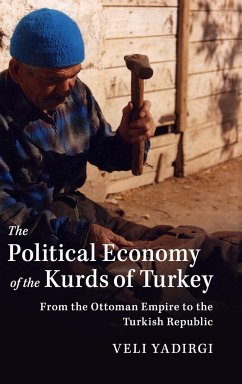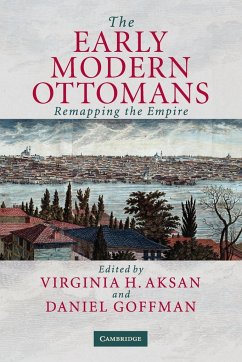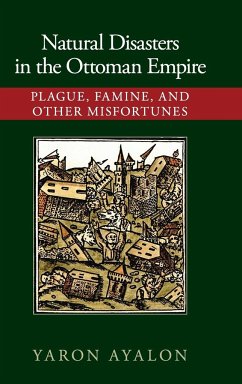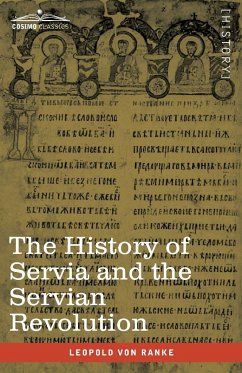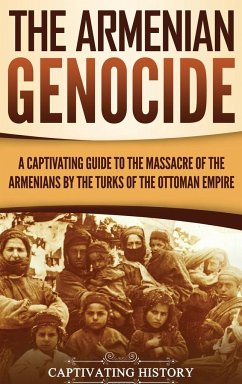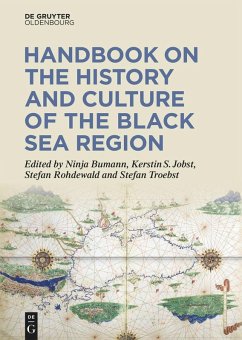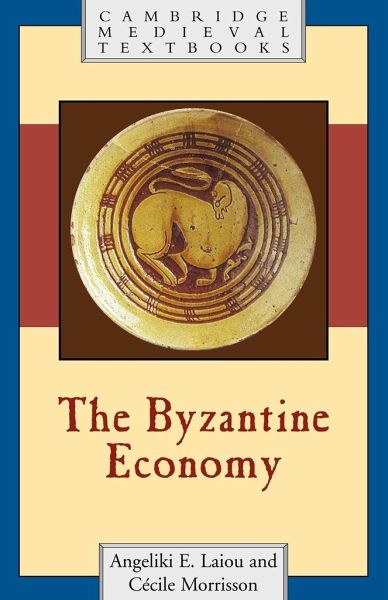
The Byzantine Economy
Versandkostenfrei!
Versandfertig in 1-2 Wochen
39,99 €
inkl. MwSt.
Weitere Ausgaben:

PAYBACK Punkte
20 °P sammeln!
This is a concise survey of the economy of the Byzantine Empire from the fourth century AD to the fall of Constantinople in 1453. Organised chronologically, the book addresses key themes such as demography, agriculture, manufacturing and the urban economy, trade, monetary developments, and the role of the state and ideology. It provides a comprehensive overview of the economy with an emphasis on the economic actions of the state and the productive role of the city and non-economic actors, such as landlords, artisans and money-changers. The final chapter compares the Byzantine economy with the ...
This is a concise survey of the economy of the Byzantine Empire from the fourth century AD to the fall of Constantinople in 1453. Organised chronologically, the book addresses key themes such as demography, agriculture, manufacturing and the urban economy, trade, monetary developments, and the role of the state and ideology. It provides a comprehensive overview of the economy with an emphasis on the economic actions of the state and the productive role of the city and non-economic actors, such as landlords, artisans and money-changers. The final chapter compares the Byzantine economy with the economies of western Europe and concludes that the Byzantine economy was one of the most successful examples of a mixed economy in the pre-industrial world. This is the only concise general history of the Byzantine economy and will be essential reading for students of economic history, Byzantine history and medieval history more generally.





